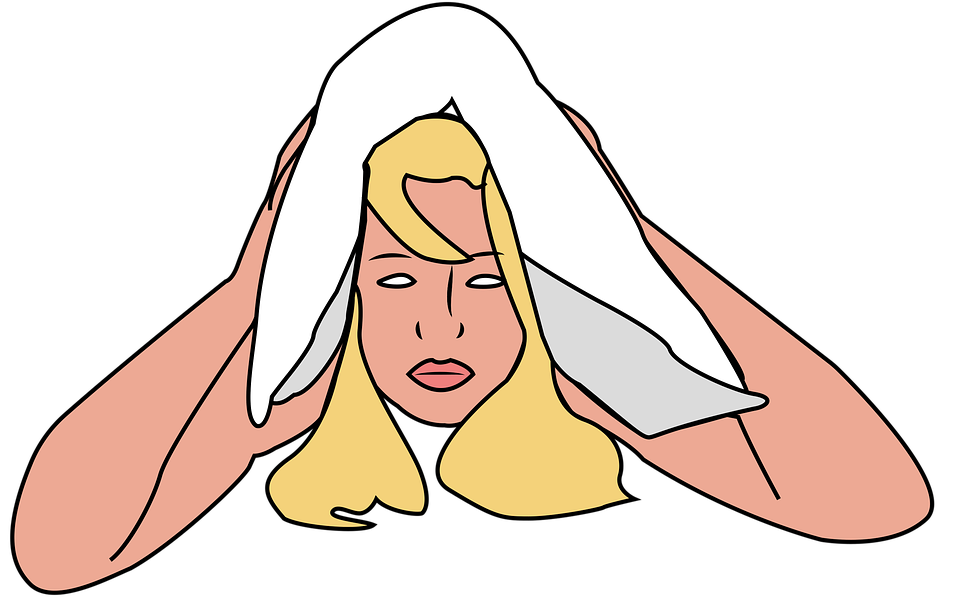There are changes to Medicare from November 1 which will affect how GPs can order sleep studies and how they follow up the results
There are changes to Medicare from November 1 this year which will affect how GPs can order sleep studies and how they follow up the results.
What are the new changes?
From November 1 2018:
GPs will need to administer screening questionnaires before directly ordering a Medicare rebatable sleep study.
- Only if these screening questionnaires are positive, can GPs refer directly for a Medicare rebatable sleep study test.
- The screening questionnaires restrict testing to patients with a “high probability for symptomatic, moderate to severe obstructive sleep apnoea”.
- Following sleep study testing, “the results and treatment options following any diagnostic sleep study should be discussed during a professional attendance with a medical practitioner before the initiation of any therapy”.
If the screening questionnaires are not positive, patients will need to be referred to sleep or respiratory physicians for assessment and testing.
Diagnostic sleep studies can only be rebated once a year.
Why were the changes made?
The MBS Review Taskforce noted a very large growth in sleep study testing, especially home sleep study testing, and were concerned that better access to testing has been associated with less appropriate referrals for testing.
The taskforce noted a lack of sleep or respiratory physician review of patients for advice regarding the diagnosis and treatment of OSA.
Related to this was a concern that some models of care were promoting home sleep study testing and then advising patients to proceed to CPAP “at lower apnoea-hypopnoea index (AHI) thresholds than is conventionally recommended as indicative of OSA requiring treatment”.
The taskforce commented that there may be a “commencement on CPAP which in some cases is not clinically indicated and does not address their sleep related problem. In this (later) scenario, patients purchase CPAP devices that may deliver little benefit, often based on advice from non-health professionals, and with no medical consultation involved.”
What do GPs need to do differently?
For adult sleep disorders, GPs can refer to a sleep or respiratory physician for further testing and management (unchanged).
This is particularly relevant and important if the patient has atypical symptoms of OSA; has a BMI >30 and obesity hypoventilation is suspected; or they have symptoms of non-OSA sleep disorders that require management (e.g. insomnia, parasomnias, restless legs syndrome, primary hypersomnolence, et cetera.)
Alternatively, GPs can refer directly for a sleep study to investigate OSA, subject to the new specific rules below. Direct referral for a sleep study by a GP should be for patients who have a high probability for symptomatic, moderate to severe obstructive sleep apnoea using the following screening tools:
- An Epworth Sleepiness Scale score of eight or more; and
- One of the following:
- A STOP-BANG score of four or more; or
- An OSA-50 score of five or more; or
- A high risk score on the Berlin questionnaire.
The screening questionnaires must be administered by the referring practitioner. Unattended (home) sleep studies are suitable for many patients with suspected OSA but patients with other sleep disorders should undergo an attended (laboratory) study.
If GPs refer direct for sleep study testing, a doctor (GP or sleep/respiratory physician) should see the patient after the test to discuss the results and advise on the best management for the patient’s sleep condition.
Screening questionnaires can be found at: http://www.sleepcentres.com.au/tl_files/PDF/referral_form_PDF.pdf
Dr Anup Desai is Medical Director, Sydney Sleep Centre, Macquarie Street, Sydney


